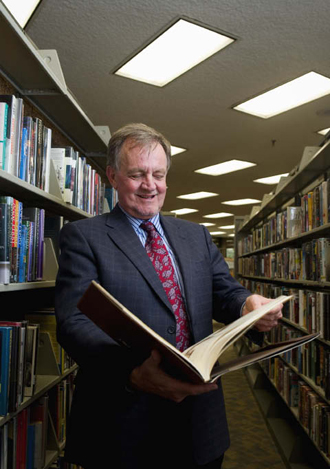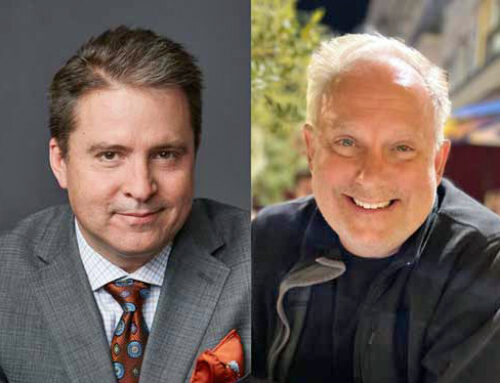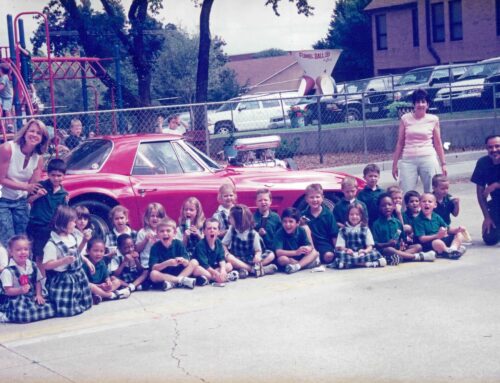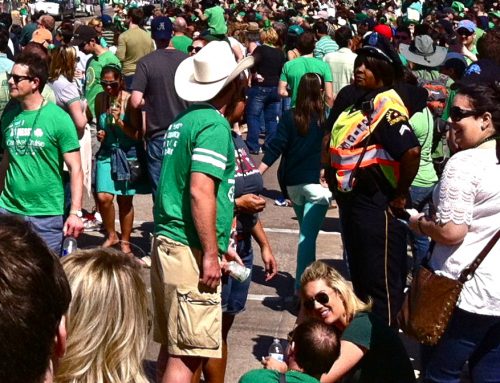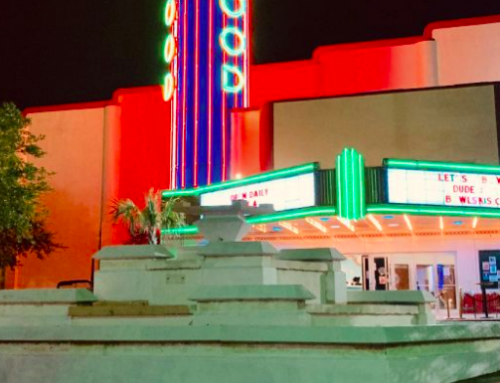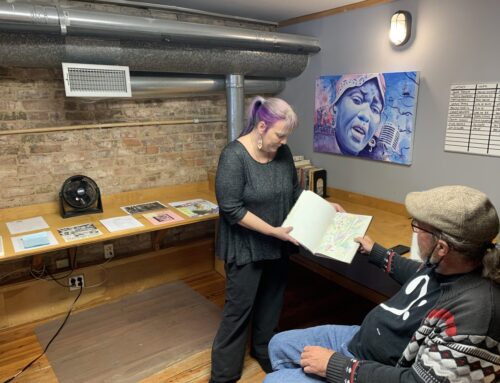In 1972, the Lakewood Community Library staff launched an oral history project called, “The Lakewood Project,” through which, a group of volunteers talked with dozens of Lakewood residents about life in Lakewood in the early to mid-1900s. In 1984, Ken Lampton discovered the collection of recordings in the Lakewood Branch of the Dallas Public Library. “I was just thrilled. I listened to many of the tapes and thought, ‘This is totally wonderful.’” At that time, people could walk into the library and ask to listen to the tapes. They were kept in a drawer, so people could sit down with headphones and listen, he explains. Later on, however, they ended up in a closet somewhere. For the last several years, the Lakewood Library has been seriously considering getting them digitized into MP3 format before the tapes deteriorate. When Lampton was nominated to be on the board of directors for the Lakewood Library Friends, he knew exactly which committee he wanted to be on – archives. “That’s when I led the effort to figure out what it would cost to digitize them,” Lampton says.
Tell me a little about the project:
(In the 70s, the Lakewood Library staff) were trying to get all the old people around who were in some way prominent in the development and the history of Lakewood, they were trying to get ahold of them before they died, and let them tell their stories about what it had been like to live there, and what had drawn them there. They made about 145 tapes in an eight-year period – most of them made in about a four-year period.
What we’re doing now, the Lakewood Library Friends is getting the tapes digitized that have gone from being in the front of the library to somewhere in a closet. So what we’re doing right now is we’re paying out of our own funds to digitize all this, so that it will last longer and the tapes won’t fade away and be gone. We want to put the ability to stream MP3 off of our website, so that people can listen to the tapes, or to sections of the tapes.
Where does the book ‘Reminiscences’ play into all this?
The big (downtown) library said, ‘You make the tapes and we’ll hire one of our staff to make a book.’ His name is Gerald Saxon, and so he took some of the more interesting material and put it together, along with photos from the library. It has some of the most interesting stories. When you read it, it really gets you excited about the project.
And that has lead to the continuation of the project?
And as we’ve gotten involved in getting that done, we’ve gotten kind of enthusiastic about the idea that we need to go through the whole process again to cover the 60s, 70s, and 80s, because in 1970 nobody wanted to tell stories about the 60s; they were all there. Now those people are all 40 years older, so we need to start talking to that next generation and put out a whole new bunch of tapes. Ultimately we need money to do that. We’re trying to raise funds.
How much is it going to cost?
$20,000.
What will that pay for?
That is for the part beyond this first digitizing job. We will have to buy the equipment. What you have to do, is you have to get a core of perhaps 20 people, and they will have to take training on how to do oral history – it’s a field of its own with it own little rules. We can get help from Baylor University on that. So there will probably be some fees for getting trained, some fees for buying some good quality digital recorders – $100 a piece. So if you have 20 recorders, there’s $2,000. If we pay $1,000 for the courses, there’s that. And then what we want to do is get some kind of publicity campaign going that will let people know they can volunteer, either to be interviewers or be interviewed.
Which step of the process are y’all in right now?
We really want to get the word out that we want to rev this thing up again. Get people excited about the fact that the older material is going to be there for them. Then, ultimately, if we have any money left after doing another 150 tapes, we want to start to edit a bit, so that you could go in and not just listen to an entire tape, which isn’t very exciting, but listen to a recording that has been edited down to the things that we think most people want to hear about. Or separate it, so that this part deals with schools in the area, or this part deals with political figures in the area. And then we would cut apart the other tapes — we’d have the originals of course – but we’d edit them together into a little story about a particular school in the area, or a particular geographical location or business. Someone suggested we do one about all the Italian families in Lakewood that’ve had such a role.
So we’d like to categorize them, but first we’ve got to save these, create a whole bunch of new material, and then we want to have it edited in a way that will really excite people and make it be used.

